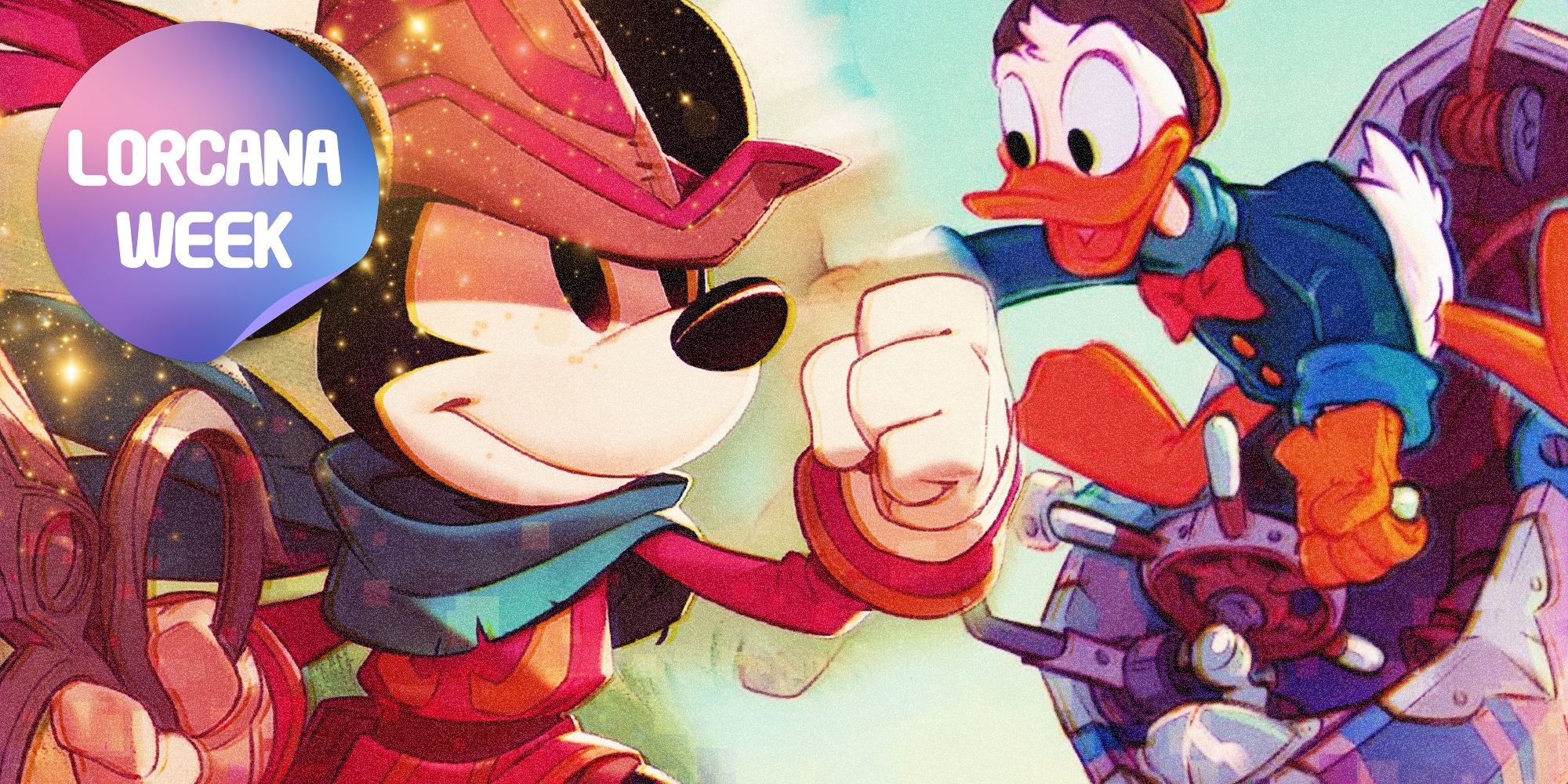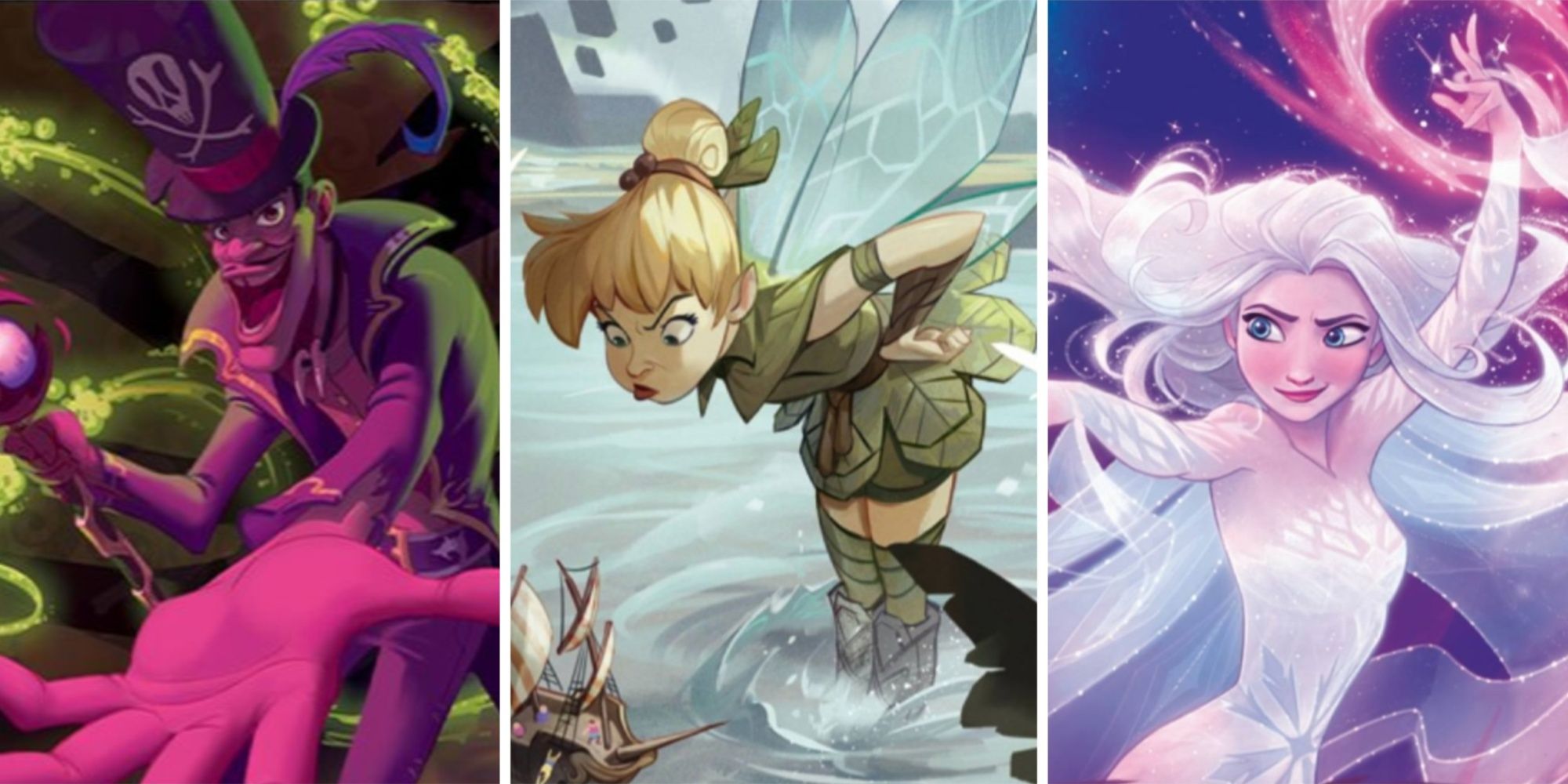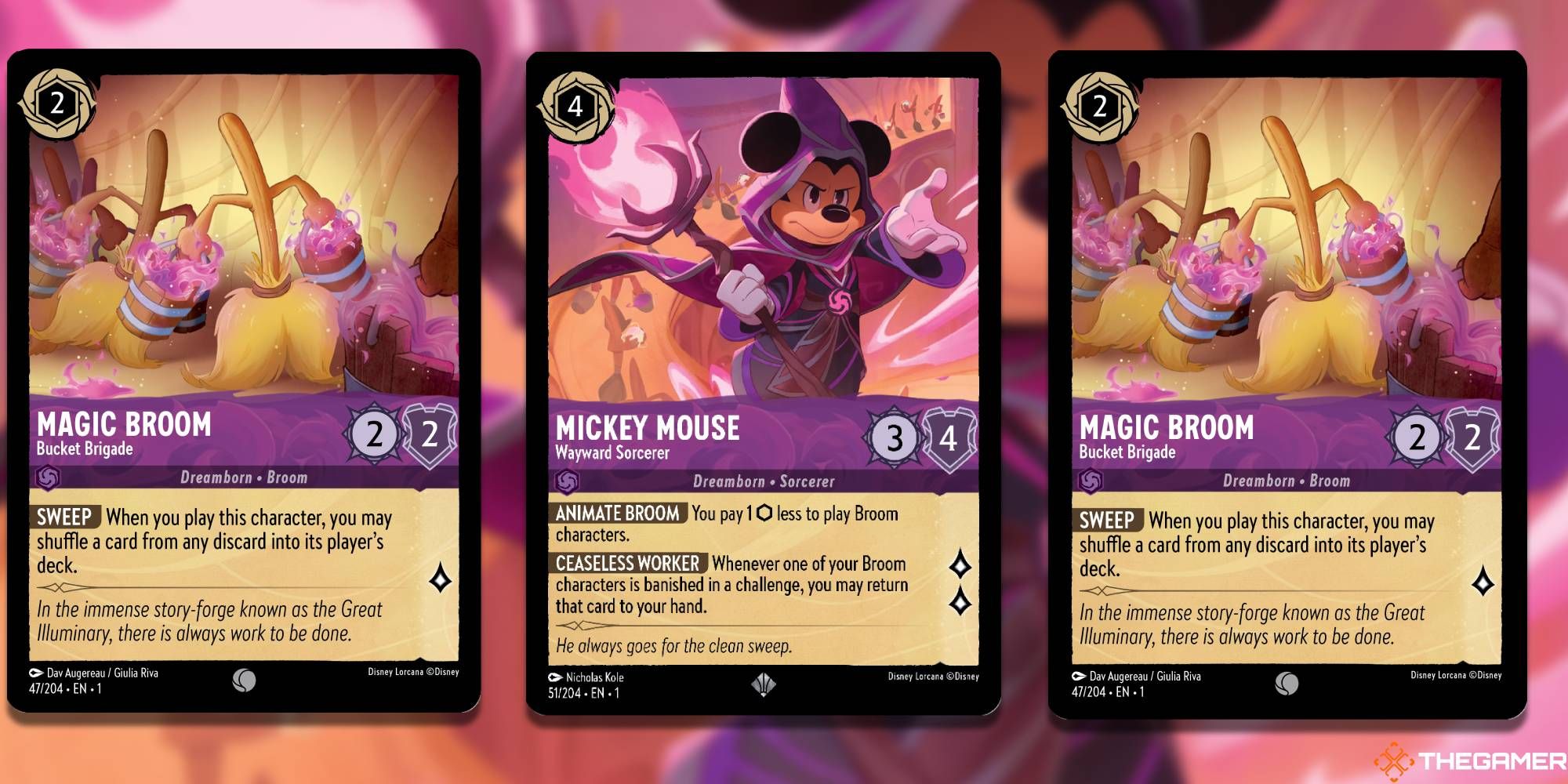One of my favourite things about Disney Lorcana is how pure it all feels. I’m sure it will make lots of money, with millions of cards printed as people in expensive suits sit in boardrooms and discuss manufactured scarcity and player retention rates, but versions of that are true for everything you loved as a kid. The Little Mermaid exists because someone at Disney in the '80s thought the Hans Christian Andersen fairytale could be made into a movie that would be a hit at the box office and lend itself to toys, merchandise, and VHS spin-offs. That's just the way the sausage gets made.
But these days, we're all sausage experts, and sausage salesmen love to talk to us in intricate detail. Discussions of movies on the internet are dominated by the Rotten Tomatoes score, the budget, the Thursday preview gross, the opening weekend gross, the domestic gross, the global gross, the predicted lifetime gross... it's exhausting. I preferred Barbie to Oppenheimer, but I don't care that Gerwig's fantasy comedy beat Nolan's dark biopic. I don't really care what they made at all, aside from a general happiness at seeing audiences in cinemas for fresh ideas.
Those two movies aside though, theatres are clogged up with live-action remakes, sequels and legasequels, cinematic universes, and oodles upon oodles of IP. It used to be a secret that boardrooms relied on demographic pie charts when planning their next releases, but now it's all part of the fun. We're constantly teased with cameos and companies talk openly about 'multiverses' with 'toy boxes' and the 'power of nostalgia'. Nothing seems fun or organic anymore, everything is about how fans win when the bottom line wins.
That's not the case with Disney Lorcana. I mean, yes, this game exists because card games make money and Disney has a lot of (don't say it don't say it don't say it...) IP to call upon, but it doesn't feel so brazen in its attempts to cash in. In fact, much like the Barbie movie, it uses that well-established IP to explore deep cuts with affection, and builds something slightly bizarre and completely new. The character with the most cards in Lorcana is Mickey, who's the mascot but not necessarily a big IP lead who will drive sales, and the character with the second most cards is Maleficent.
Third place are more of your sales leaders like Ariel and Elsa, but the randomness to the card selection shows a clear affection for characters and a desire to lead with storytelling. There are only two Peter Pans, yet four Tinker Bells. No Tiana, but three Faciliers. Rapuzel and Moana only feature twice each despite being huge stars and major recent additions to the Disney canon, while Scar gets three and Captain Hook gets four. Maybe that's based on some research into Villainous sales that meant a corporate mandated increase in villain characters. Maybe the idea was Rapunzel and Moana (and Snow White, absent entirely) could sell future chapters, whereas the first chapter could stuff in Pongo and Sergeant Tibbs and let them be carried along by the hype of the game's launch.
It just doesn't feel that way, is all. It feels like watching old Disney VHS tapes as a kid until you watched them too much and the screen fuzzed up. The fact Mickey and Donald are celebrated not just on equal footing to Elsa, but on equal footing to John Silver and Archimedes (from Treasure Planet and The Sword in the Stone, to save you asking) demonstrates a sparkle of that old Disney magic that can be unreliable in some of the more modern offerings. Encanto, Frozen, and Zootopia have it. Wider offerings like Marvel's Secret Invasion, Star Wars: The Rise of Skywalker, or Elemental, not so much.
Lorcana, as a card game invented as a Pokemon and Magic: The Gathering competitor to make money, could have easily been the 'Marvel TV series' of TCGs. Instead, it has a little sprinkling of pixie dust, and seems to be a product made by Disney lovers, for Disney lovers. I hope it sustains its momentum throughout its next few chapters, and doesn't get desperate and dilute the magic.



